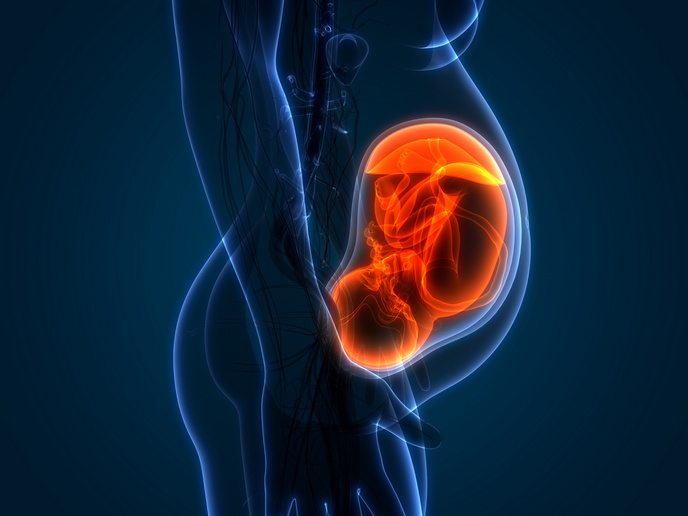Parent offspring gene conflict in the womb
Certain genes active in foetal development are expressed in a parent-specific manner. For example, when the allele inherited from the father is imprinted, it is silenced and only the maternal allele is expressed, and vice versa. So-called genetic imprinting could be responsible for certain pregnancy and psychological disorders. The 'Genetic imprinting and mental disease' (GENMED) project has investigated if genetic imprinting can increase the risk of developing psychological and metabolic disorders in later life. The studies involved analysis of 1.6 million Danish births between 1978 and 2008. Researchers looked into the risk of incidence of autism and psychosis and the balance of imprinted genes in the developing brain. Moreover, any links with deviations from average birth weight and length were determined, after adjusting for many potentially confounding variables. Results published in the peer-reviewed journal Proceedings of the Royal Society B (2014) showed that the risk of both types of disorders increases with larger deviations from average birth weight and length, but in predictably opposite directions. A second aim was to elucidate how paternal and maternal ages affect psychological disorders. Results showed that advancing paternal age is a risk factor but that maternal age contributes to risk of psychological disorders in a more complex way. Using the same Danish public health data bases, GENMED also looked for patterns that would be consistent with paternal genes expressed in the placenta manipulating fetal provisioning by increasing the pregnant mother's blood pressure (BP). High maternal BP may be detrimental to the mother when it escalates into pre-eclampsia, but risks for unborn babies had not been systematically analysed before. The analyses showed that infants born to pre-eclamptic mothers had systematically enhanced risks for disease diagnoses later in life and that elevated BP without preeclampsia has weaker effects in the same direction when it happens late in pregnancy. However, maternal diagnoses of elevated BP in the first trimester that did not persist later in pregnancy had positive effects on offspring health later in life. The hypertension research was published in PLOS ONE (2013). The findings may explain why these pregnancy disorders have not been removed by natural selection as their mild and early expression is likely to confer general advantages for the offspring. The medical community concerned with health of mother and child will also benefit. Project results also support the growing theory that psychological disorders are linked to variation in gene expression, in this case induced by parental gene influence in the prenatal phase. Further research on this basis should provide evidence to fully validate the theory.







